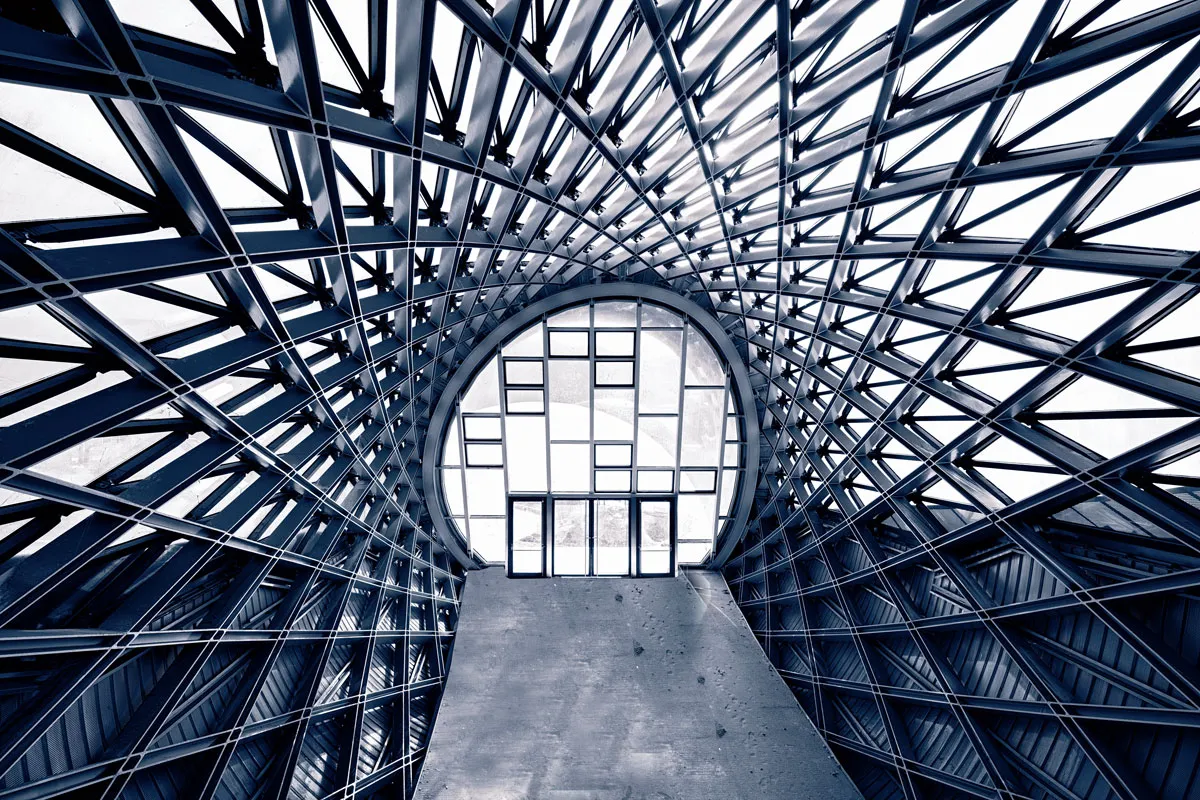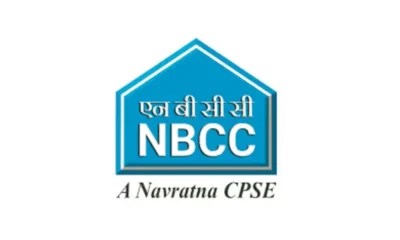Bill Shukla Managing Director-India, Martin Engineering Company Private Limited
Bill Shukla, Managing Director-India of Martin Engineering Company Private Limited, speaks on how his company makes products that make the handling of bulk materials cleaner, safer and more productive.
Martin Engineering has been in the forefront to provide a total solution to the problem of dust management in material handling operations to cement and allied industries. Excerpts from the interview:
Provide us an update of Martin Engineering?s global operations and, particularly, its set-up in India…
Martin Engineering, based in Neponset, Illinois, is an industry leader in developing and manufacturing flow aids and conveyor products around the world for a wide variety of bulk material applications, including coal, cement/clinker, rock/aggregate, biomass, grain, pharmaceuticals, food, and other materials. Martin conducts its manufacturing, sales and service operations from factory-owned business units in the in the respective countries under exclusive license.
Our India headquarters is in Pune, which has fabrication, painting and testing facilities besides the back-office team. We also have a training centre where customers can send their employees for a basic two-day training course on conveyors. The company has five key business segments: Conveyor products (CP), air cannons (AC), dust management (DM), vibration and Martin-Plus services. Our current focus is on CP, AC, DM and services.
Of the several solutions offered by the company, which are the ones that bring in a major chunk of revenue?
Conveyor products and air cannons provide a major segment of our revenue with dust management growing fast.
Which are the primary sectors where the company?s services are most utilised?
Coal power, cement, steel, ports and all types of mining are the key segments providing revenues in equal shares.
Could you name a few of your clients?
Among its clients, Martin has both EPCs and end users. In cement we have ACC, Ambuja, (now Holcim), UltraTech, Shree Cement, Sanghi, etc., as our key customers. In steel, we have JSW, Tata Steel, JSPL and Essar. In coal power we have Adani Power, JPL and Tata Power as our customers. Almost all major EPCs in bulk material handling are our customers, such as ThyssenKrupp, L&T, Tenova Takraf, FL Smidth, and many others.
What is the company?s plan to build a global manufacturing network and thus bring uniformity in products and services rendered to customers across the world? How does India fit into your scheme of things?
Martin Engineering follows the model of a ?demand-driven cost-efficient supply chain?. We have 12 business units globally. Each BU manufactures most of the products locally using global designs and importing only key components. Hence Martin?s customers in India are already benefitting from using international design and quality products at Indian prices. Since 2010, Martin Engineering India has been manufacturing premium and economy solutions for all industries complying with CEMA standards.
What is your growth strategy for the coming two-three years?
Educating customers is our growth strategy. Over the years, plant operators are used to having dust and spillage, accepting it as a necessity for a running plant. Our challenge is in removing this mindset and educating end users about technology and solutions that are available to have a cleaner, safer and more productive working environment. Our initiative of Customer Education through Foundations.. seminars have helped many plant operators to make this change.
Due to Martin?s global presence, many companies look for Martin when they set up their operations. A good example is Holcim where Martin?s global relationship has translated locally also. Other key trends are products that allow longer MTBF (mean time between failures), shorter MTTR (mean time to repair) and safe to service for which Martin has innovative solutions already proven in developed markets.
Are there any emerging sectors which the company is planning to focus on?
Ports and fertilisers are the current target sectors for our conveyor products?business. For air cannons, our new series of smart nozzles can help plant operators reduce shutdowns and gain through energy savings. For vibration motors, we are looking at food and pharmaceutical industries.
What kind of innovations has the company carried out for Indian customers? Do you offer customised solutions as well? Any examples?
In 2015, we launched Martin?s ?Total Solution? that comprises completely upgrading the conveyor from the chute to transfer point so as to reduce dust, spillage and carry-back for a clean, safe and productive working environment. The year 2015?s innovations include insertable dust collector, belt cleaners with replaceable tips, power roller and transfer point design known as CleanZone???For cement pre-heaters and coolers, a great product is smart nozzles with typhoon blaster. This combination helps higher production and reduces energy and maintenance costs. The other exciting innovation is in service. Martin has launched Walk The Belt (WTB??? and audit programme that helps customers identify the root causes of failure and provides recommendations based on CEMA, IS or global best practices.
What is the overall status of the material handling solution market in India? And how is it poised for the coming years?
A conveyor is the cheapest form of transporting tonnes of bulk material from point A to B. Bulk material handling is closely linked with the growth of a nation as conveyors are used in all key segments such as ports, cement, steel, mining, fertilisers, and many more. With Coal India?s goal of producing 1 billion tonnes by 2020, conveyors will be replacing dumper trucks. In the long run, India is a self-consumption story and our key markets of steel, coal power, cement, ports and mining are all related to the Indian consumption story. The key sectors to begin showing growth in 2016 will be cement and steel.
What kind of competition does the company face here?
Martin Engineering does not face competition in India. It is mostly a case of lack of awareness or education. For all our business segments, Martin has core competency. Which means we have R&D and have developed patented products complying with CEMA and other standards. These products have been tried and tested in more than 50 countries in the past 70 years. None of our competitors have similar capacities.
Is India also a hub for providing solutions for neighbouring countries?
India services South Asian countries such as Sri Lanka, Bangladesh, Nepal and Pakistan.
Huned Contractor
US-based Martin Engineering was founded in 1944. The first product developed was the Vibrolator Pneumatic Ball Vibrator patented by Edwin Peterson, which is still used today for its original application of promoting the flow of bulk materials. Over the years, the company has developed hundreds of products to make the handling of bulk materials cleaner, safer and more productive, and currently holds 134 patents and trademarks worldwide. Building on past successes, Martin Engineering turned its attention in the late 1980s to the prevention of spillage and dust at conveyor transfer points. The company developed systems to control fugitive material and improve conveyor efficiency. In addition, the company developed in-field installation and service capabilities to help plants control the "cost of ownership" for bulk material handling operations.































